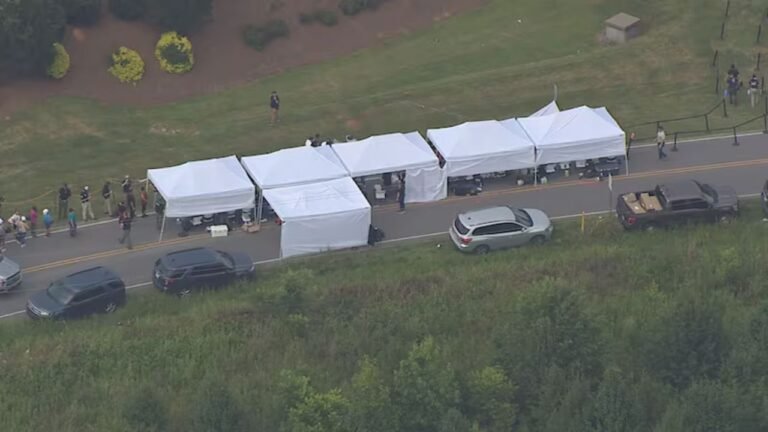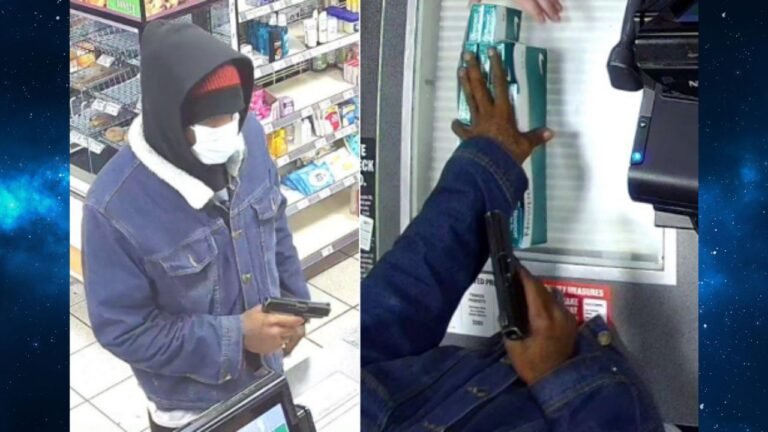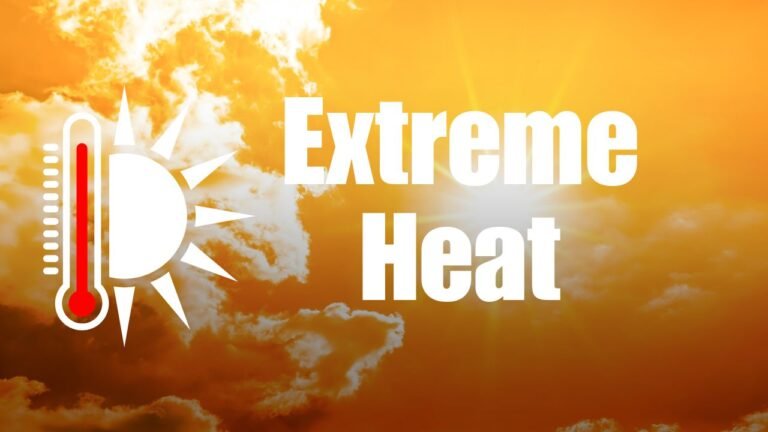New NC Law Extends Grace Period for Expired Driver’s Licenses — But It Comes With Conditions
CHARLOTTE, N.C. — North Carolina drivers dealing with backlogged DMV appointments just got some breathing room — but not without a few caveats. Thanks to a newly passed measure, residents now have up to two extra years to drive legally with an expired Class C license — as long as it hasn’t been suspended or revoked.
The change is part of Senate Bill 391, which enacts a temporary moratorium on penalties for expired licenses. The law, signed in July 2025, is a direct response to the mounting frustrations over appointment delays at the N.C. Division of Motor Vehicles (DMV) — delays largely attributed to staffing shortages.
“You won’t get in trouble with the DMV or law enforcement for driving with an expired license,” confirms Queen City News.
How Long Is the Grace Period?
Under the new law, anyone with a Class C license that expired in 2025 or later has until December 31, 2027, to renew without penalty.
This change aims to reduce pressure on both residents and overwhelmed DMV locations, many of which are struggling with outdated technology and understaffing, according to the state.
What the Law Doesn’t Cover
However, not every driver qualifies for the grace period. The following restrictions apply:
- Suspended, revoked, or canceled licenses are not eligible
- The moratorium only covers Class C licenses, not commercial or other special categories
- The policy is temporary and set to expire at the end of 2027 unless renewed or amended by lawmakers
Legal Outside North Carolina? Not So Fast
While this change helps residents within the state, there’s a catch: other states don’t have to honor North Carolina’s rule. Drivers traveling outside the state with an expired license may still be ticketed or penalized, as out-of-state officers will see the license as invalid.
Why Your License Still Matters
Even if you’re allowed to drive with an expired license in North Carolina, it may still cause complications in other areas of daily life, including:
- Boarding a flight
- Filling prescriptions
- Buying alcohol
- Obtaining or renewing auto insurance
The DMV urges residents not to delay renewal unless absolutely necessary, noting that many services still require a valid, unexpired ID.
What’s Next for the DMV?
The state is currently reviewing long-term solutions, which may include:
- Hiring more DMV staff
- Upgrading systems to handle digital traffic
- Expanding appointment availability
You can track the legislative status of Senate Bill 391 here.
Are DMV delays affecting your ability to renew your license or travel out of state? Share your experience in the comments on saludastandard-sentinel.com.







